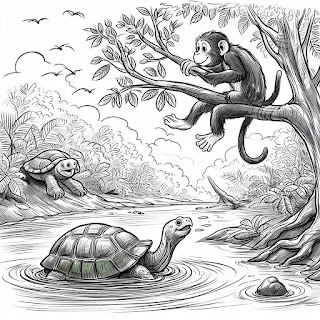نوجوان نسل میں مثبت تبدیلی

کچھ دنوں سے مجھے اوبر یا کریم یا ان ڈرائو پر سفر کرنے کا موقع ملا۔ عجیب اتفاق ہے کہ ہر دفعہ کوئی یونیورسٹی سٹوڈنٹ کار چلا رہا تھا۔ اس کا رویہ بھی اچھا تھا اس لیے میں نے پورے سکور دیے۔ مجھے اس لیے بھی خوشی ہوئی کہ والدین کا ہاتھ بٹھانا چاہتے تھے یا اس طرح سوچتے تھے تاکہ رزق حلال کما سکیں اور نوکریوں کے دھکے نہ کھائیں۔ میرے خیال میں نوجوان نسل میں یہ ایک مثبت سوچ ہے چونکہ جب یہی بچے بیرون ملک تعلیم حاصل کرنے کے لیے ایسے کام کر سکتے ہیں ہوٹلوں میں کام کر سکتے ہیں ٹیکسیاں چلا سکتے ہیں تو لاہور یا پاکستان میں کیوں نہیں۔ اس طرح وہ ایک بوجھ کی بجائے خود انحصار انسان کے طور پر ابھرتے ہیں۔ وہ سیکھتے ہیں کہ کمانا کتنا مشکل ہےْ۔ وہ سیکھتے ہیں کہ خاندان کی مدد کیسے کرنی ہے۔ وہ سیکھتے ہیں کہ مختلف لوگوں سے کیسے ڈیل کرنا ہے۔ وہ ایک کاروبار سیکھتے ہیں اور لوگوں کے سمندر میں ابھرنے کی آرزو کرتے ہیں۔ وہ صرف کتابی علم کی بجائے انسانوں کے رویوں اور تعلقات سے سیکھتے ہیں۔ نوجوان نسل کے ذہنوں میں جو تصور ڈرل کر کے بٹھا دیا گیا ہے کہ ان کو نوکری کرنی چاہیے آہستہ آہستہ مدھم ہو رہا ہے۔ نوکریوں کی تلاش میں ...






